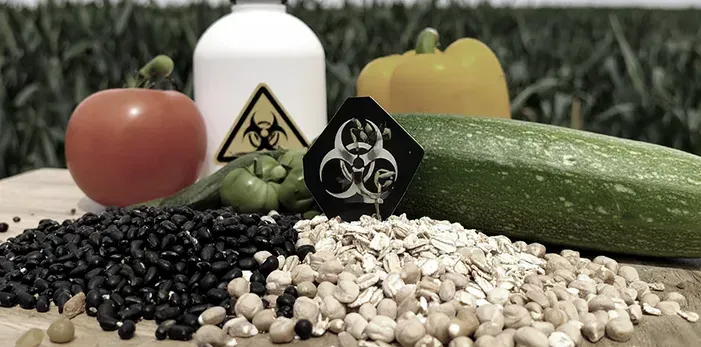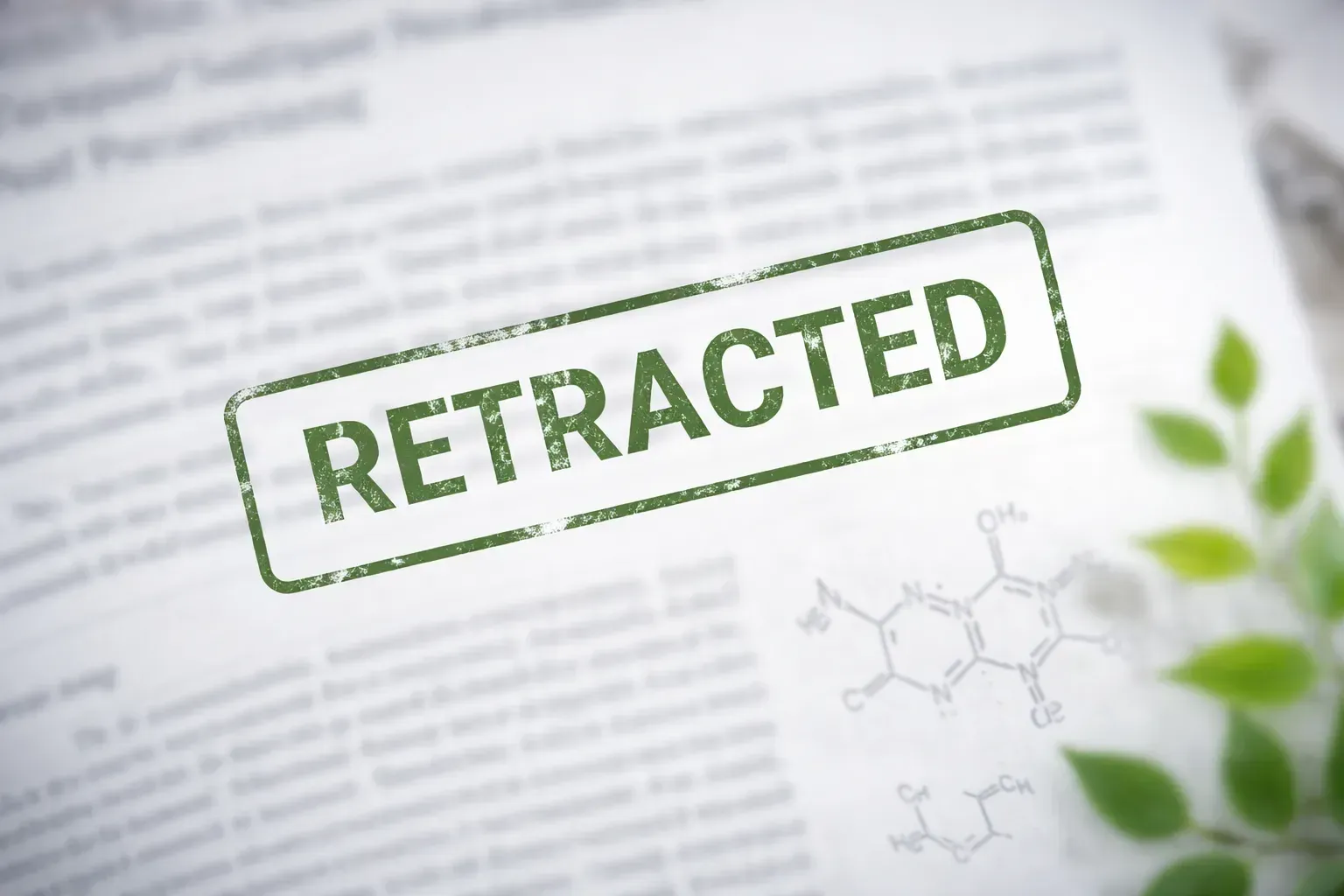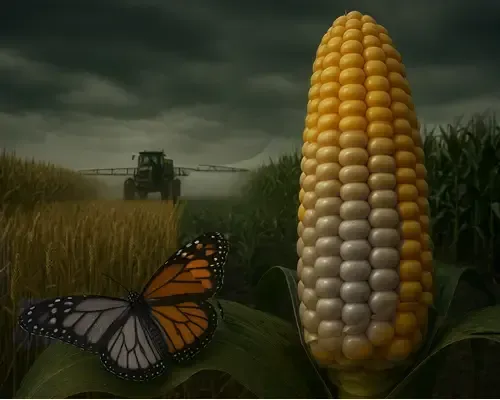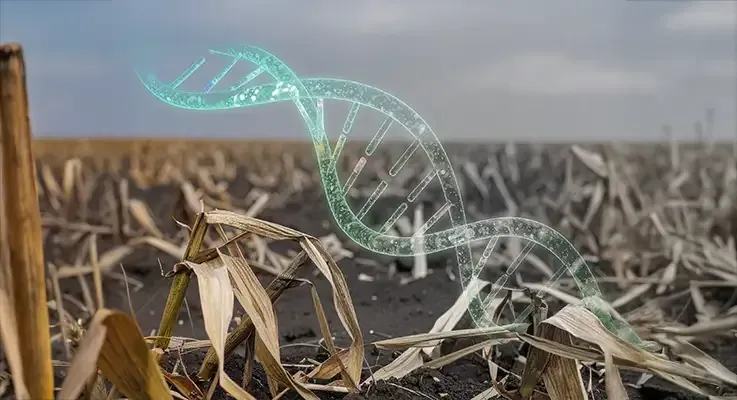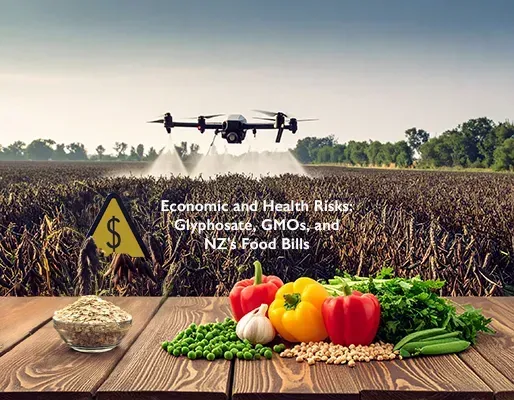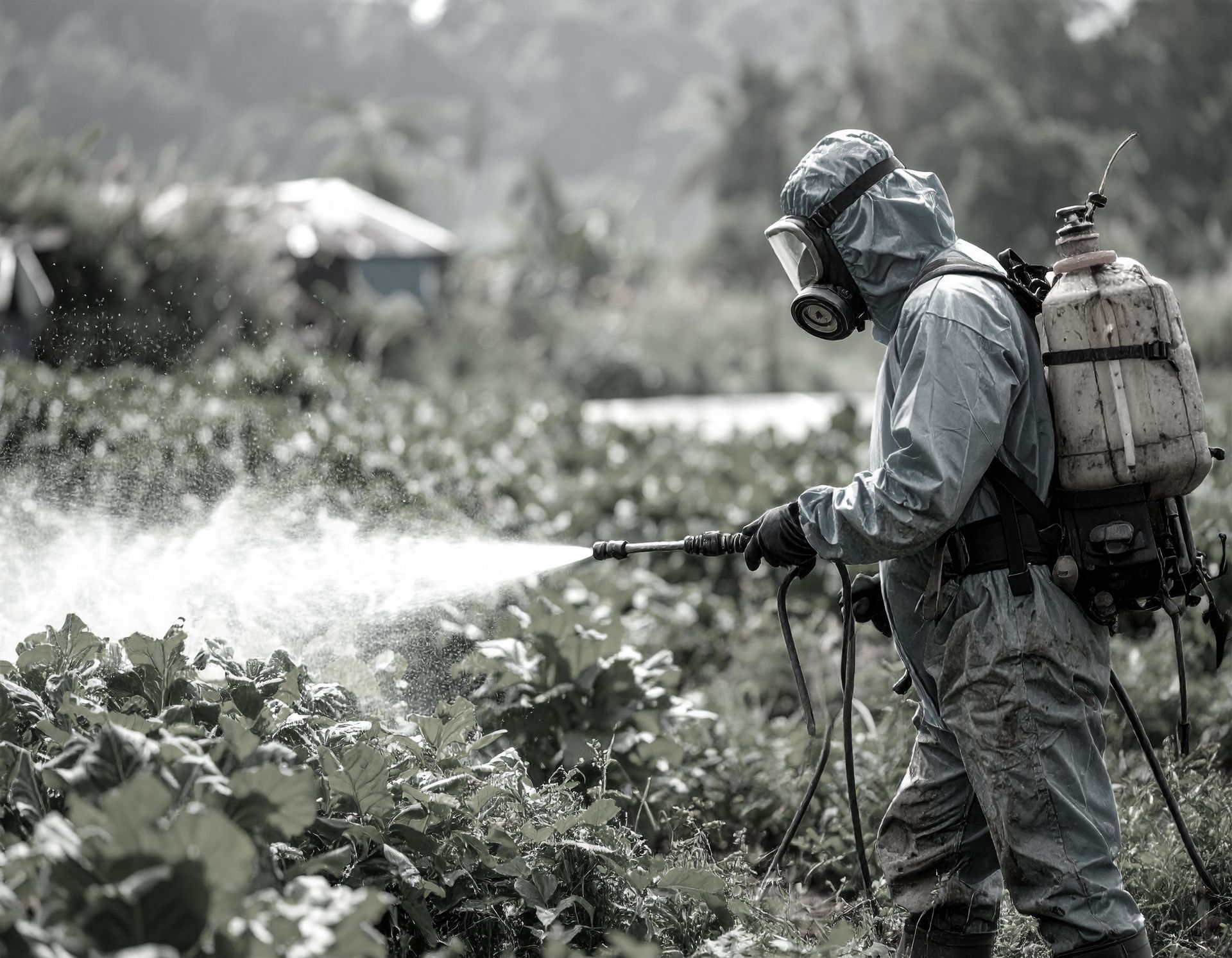Glyphosate and Gene Editing: What the Public Needs to Know
Two proposed bills in New Zealand:
- The Gene Technology Bill
- and the Glyphosate Maximum Residue Level (MRL) Increase Bill
Would pose serious risks to public health, food safety, and the environment.
Gene Technology Bill
The Gene Technology Bill would deregulate oversight of gene-edited crops engineered for pesticide resistance. Independent studies show that such crops would lead to increased pesticide use, soil degradation, biodiversity loss, higher chemical residues in food, hormone disruption, cancer, and other chronic diseases.
Many countries, including EU member states, Japan, Australia, and Bhutan, already restrict or ban the cultivation of GMOs, reflecting global caution toward genetically modified crops.
These restrictions include strict labelling policies for GMO imports, such as in Japan, which does not export any GMO food.)
Glyphosate MRL Increase Bill
The proposed Glyphosate MRL Increase Bill would allow up to 100 times more glyphosate residues in certain crops. Research indicates that glyphosate would accumulate in human tissues, disrupt gut health and hormones, impair cognition and behaviour in adolescents, and increase the risk of cancers such as non-Hodgkin lymphoma.
Around 20 countries, including Mexico, Vietnam, and EU nations, have banned or are phasing out glyphosate due to these documented risks.
Public Concern and Economic Impact
Surveys show that 75–89% of New Zealanders want to avoid GMOs and sectors linked to environmental degradation.
These bills would threaten sustainable agriculture, organic markets, responsible investment, and eco-tourism—sectors that rely on New Zealand’s clean environment, biodiversity, and chemical-free food reputation.
Responsible Policy Alternatives
New Zealand can support farmers while protecting public health and the environment. Investment in organic and regenerative farming, transparent food labelling, and stricter monitoring of chemical use would protect health, maintain biodiversity, and preserve New Zealand’s “clean, green” food reputation. It is a growing billion dollar industry.
